SME targeting vast demographic with offline payment solutions
SME Inspirations
408 week ago — 10 min read
In a nation where nearly two-thirds of the population still does not have easy access to the internet, the digital payments revolution is leaving large swathes untouched. Meet entrepreneurs Asif Basheer, Sreerekha R, Fairuz Rehim and Hari Krishnan who started Chillar Payments Solutions Private Limited in 2013 in Kochi with the intention of creating an offline payment solution.
They have successfully piloted a transit card for the bus system in Kochi and have launched Campus Wallet, a payment solution that allows parents to monitor their children’s expenditure and makes it easier for institutions to manage money. They are currently working on a payment solution for the rural market in collaboration with a private sector bank with the aim of tapping into the offline rural market.
In conversation with GlobalLinker, Asif Basheer (AB), Sreerekha R (SR), Fairuz Rehim (FR) and Hari Krishnan (HK) share their business journey. Watch this video to learn more:
GL: Tell us about your business.
AB: We founded Chillar Payment Solutions in 2013 with the ambition of getting into the payments space long before demonetisation hit our country. We are looking to get payments away from the internet.
This is a first-generation business. Four of us, from four different industries came together to form this company. When many of us travelled outside the country we saw transit cards. You see them in Singapore and Dubai and many other parts of the world. People use these transit card for commuting. We came back and saw that our country has a problem with chillar. Micro-money. Our country could benefit greatly from this technology & we decided to bring it in.
I discussed this idea with my friends - Hari Krishnan who was Marketing Head for LG, Sreerekha who was handling Operations for EXL and Feiruz who was back from teaching Computer Science in New Zealand. We took about a year to plan our idea. It took us seven months to get approval from the Public Bus Operators Association to commercially start this project. 238 operators agreed to this system. We ran it for 18 months and went back to the drawing board and are now creating a product that we are pitching to corporates across the nation. We are also in talks with Karnataka and other Indian states to introduce this digital ticketing system on cards or mobile phones.
Our second product is Campus Wallet. Sometimes children misuse or lose pocket money or get into unhealthy habits. We created an app based solution that allows for the transfer and monitoring of money. Parents could then see how their kids are using the cash that is allocated to them. Students can use the identity card within a school or college as a payment tool which is secure. It helps institutions in a big way by helping them do away with chillar (change) and the accounting, pilfering and other administrative issues associated with it. Campus Wallet can also be linked to academic and communication modules in schools. We now have 72,000 users using this product.
Going forward, we are looking to launch products for the wider population. Now we are working with a private sector bank to create a wallet that does not need internet. This is to be introduced in the semi-rural & rural areas. It will be usable with a phone. The most unique feature of the wallet is that it will not require any language.
As a team, Hari is head of technology, Feiruz is Head of Technology, Sreerekha handles operations. I help Hari in marketing and help Hari with finance in the company.
GL: What are the challenges you have faced in establishing your business?
AB: When it comes to challenges, the biggest challenge was to communicate this idea to people who would work with me. Starting from scratch it was very easy to create a company in this environment. We had saved up enough capital to start. Our company has about 30 people. The first group of people who started out with us have been replaced. We had reached a point where we needed to secure some capital to continue the project and the research that went with it.
India has very strict rules about how funds can be made available to SMEs. Lending institutions want collateral securities. That’s when people start looking at the VCs. But with VCs we couldn’t find enough common ground. In about three years we started generating revenue. Now, we are not funded. We have our own money. But for scaling, we have to look for funds again. We went to the money market and found options in project, debt and equity funding. We have good people working with us and have some momentum as a company - making us in the ‘ market’ for finding the right partner for funds and scalable growth. We are in talks with people for partnerships.
The third biggest challenge we faced was getting into the market and convincing our customers. Explaining to colleges and schools why they needed digital money was a difficult task. It took us almost 6 months to find our first client. Now, we have understood how to convey the concept. Demonetisation has been a saviour. It created an awareness about digital money and helped us.
HK: In terms of challenges, when we developed Campus Wallet we had to approach schools. It was very difficult to meet the decision-maker. We were rejected by security or by the accountants. We could sign agreements with few schools. Some banks tied up with us and they started pitching to their clients making our life easier.
GL: What is the USP of your business?
AB: While the world is running after payments solutions with the help of the internet, we wanted to take a step back and create a payments solutions without internet at the time of payment. In the country, in the bigger picture, 67% of the nation is not using internet and digital money. So we choose to move away from the internet.
HK: Our system works offline. There is no requirement of internet at time of transaction. That is the USP.
GL: What are some of the milestones of your business?
AB: We were chosen to be a part of this prestigious club called NASSCOM 10K in 2015 by NASSCOM. We got a lot of help from NASSCOM and their partners like Digital Ocean, Google, Amazon. That helped us a lot in cutting costs and improving efficiency.
In 2016, NASSCOM gave us an award as the 17th company in Emerge Fifty 2016. That gave us a lot of business, exposure and contacts. We got a lot of mentors and training through the NASSCOM programmes.
The market conditions, demonetisation and the support of the media in the southern part of the country created an awareness about us and our products - especially Campus Wallet.
St. Peter’s in Kochi was our first client. After that we signed up almost all the important schools in the state. We also have some big institutions outside Kerala like VIT, the Gitanjali group in Hyderabad signing up for our product.
SR: We have a lot of clientele and have been accepted by giants like banks and IT companies. Our idea is a unique & future-oriented.
GL: What role do you feel GlobalLinker plays in connecting & assisting SMEs?
AB: SMEs are contributing a good 30% to 40% to the GDP of the country. Previously there has been no specific programme which connects SMEs, the way GlobalLinker does. We have been using GlobalLinker to meet our requirements and the information and stories are valuable.
GL: What is your big business dream?
AB: The big dream about starting this business is that we want to be a recognised and a big part of the country’s payment solution environment. With a whopping 126 crore population in India we want to touch 30-40% of the country’s population with our products.
FR: Out of 100% of the population only 20% of the population is online on a smartphone. We want to tap the market that works offline but are on phone. We want a solution which is language free.
GL: What is your message to aspiring entrepreneurs?
AB: I strongly feel that before you become an entrepreneur, go and learn from some other company. Don’t get compromised in the comfort zone that the job gives you and dare to dream.
FR: The biggest limit that you set is one by yourself. If you can bend that barrier the possibilities are endless.
HK: When starting a new business, a little bit of experience in that field helps a lot.
SR: Dream big and work hard for it and you will achieve what you want to.
Network with SMEs mentioned in this article by clicking on the 'Invite' button on their profile. Asif Basheer, Sreerekha R, Fairuz Rehim and Hari Krishnan
Disclaimer: This article is based solely on the inputs shared by the featured members. GlobalLinker does not necessarily endorse the views, opinions & facts stated by the members.
Posted by
GlobalLinker StaffWe are a team of experienced industry professionals committed to sharing our knowledge and skills with small & medium enterprises.
Network with SMEs mentioned in this article
View GlobalLinker 's profile
SME Inspirations
Most read this week

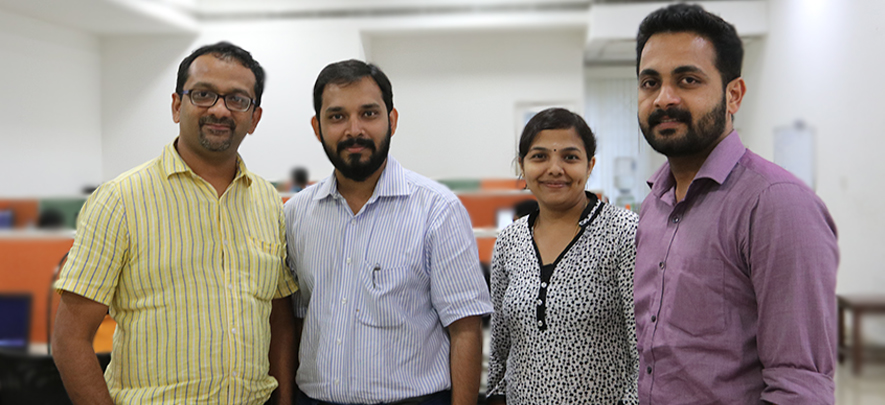









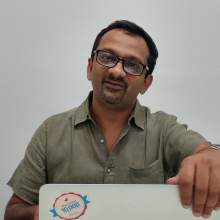
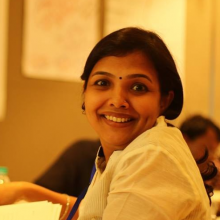
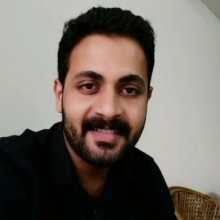
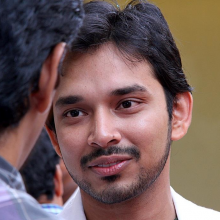
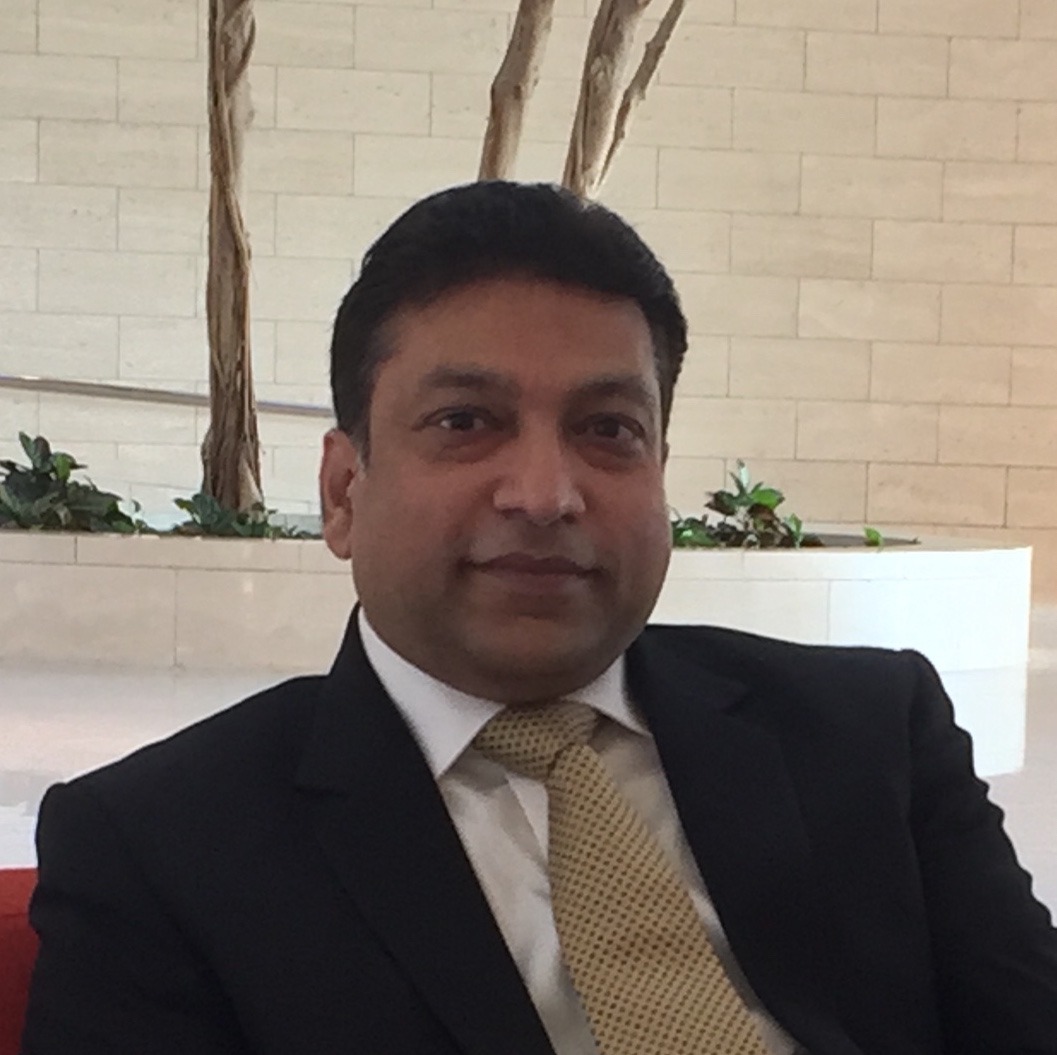
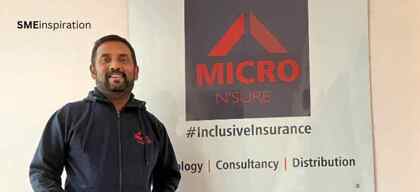

Comments (1)
Share this content
Please login or Register to join the discussion